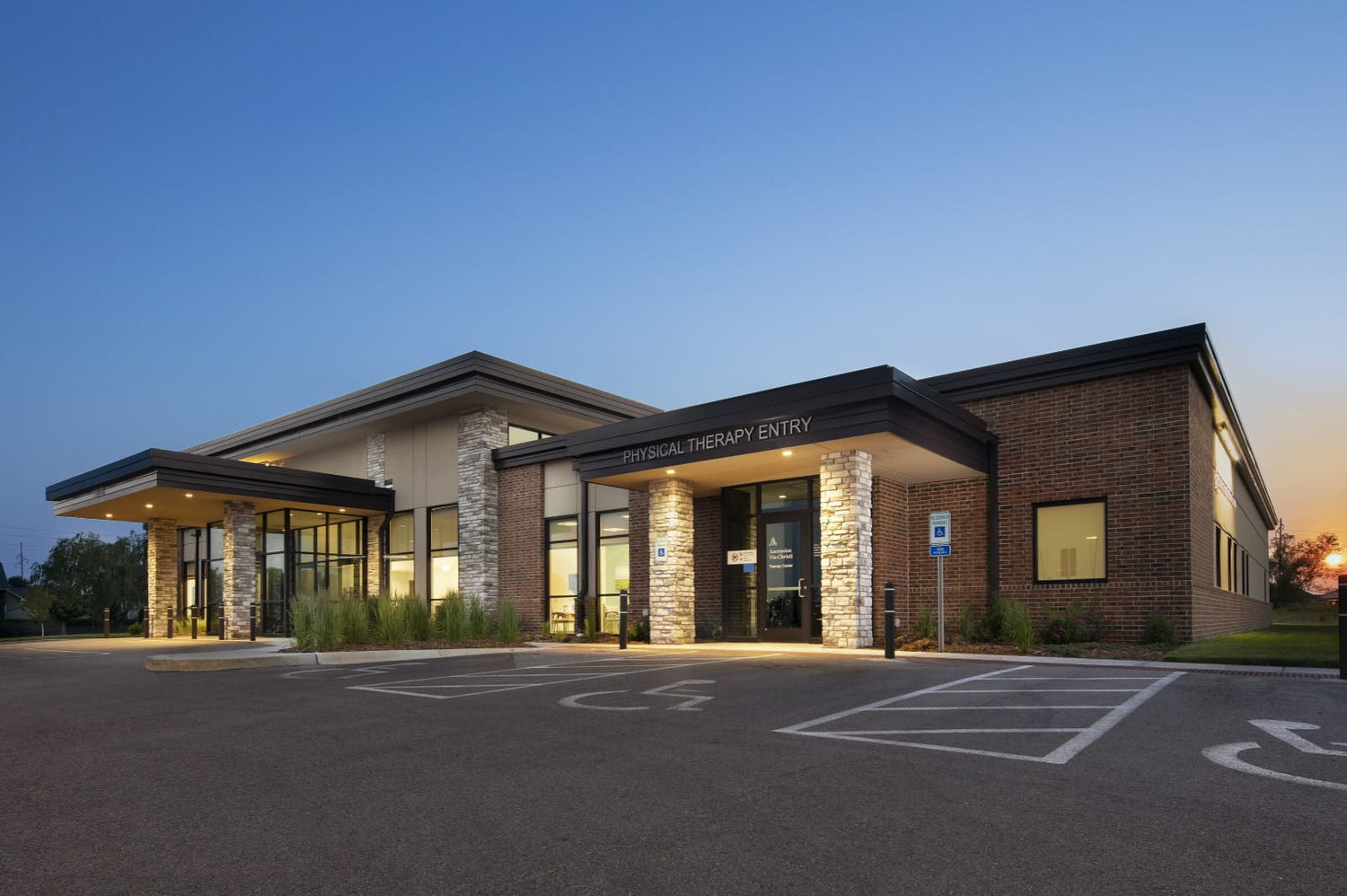
Table of content

Introduction: From Vision to Reality
What does it take to transform a city into a thriving tech hub? Most assume it requires deep pockets, political backing, and an army of experts. But Nicholas Lalla, former head of Tulsa Innovation Labs, proved that with the right strategy, vision, and execution, even an unexpected location like Tulsa, Oklahoma, could compete with Silicon Valley and Austin, Texas.
In this episode of Millionaire Mindcast, host Matt Aitchison sits down with Lalla to discuss the blueprint behind Tulsa’s transformation. From economic development strategies to grant funding and relationship-building, Lalla shares valuable lessons that commercial real estate (CRE) investors, business leaders, and city planners can apply to their own ventures.
🎧 Listen to the full podcast episode here: LINK
👁️ Watch the full episode here: LINK

Key Takeaways from the Podcast
- Strategic Investment: Tulsa Innovation Labs raised $200 million to fuel economic growth.
- Industry Alignment: The initiative focused on four key sectors—virtual health, energy tech, advanced air mobility, and cybersecurity.
- Grant Success: Tulsa won major grants, including President Biden’s Build Back Better and Tech Hubs grants.
- Coalition Building: Lalla emphasized the importance of aligning with corporate leaders, universities, and philanthropists.
- CRE Impact: Tech hubs drive demand for office space, mixed-use developments, and commercial real estate investment opportunities.

How to Build a Tech Hub—and Spot CRE Opportunities
1. Identifying a City's Strengths & Assets
Lalla’s first step in transforming Tulsa was identifying its core economic strengths. Instead of reinventing the wheel, he focused on leveraging existing industries like oil & gas and aerospace, integrating technology into these legacy sectors.
🏢 CRE Takeaway:
- Beginners: Research a city’s economic strengths before investing.
- Intermediate Investors: Identify how tech can integrate into legacy industries.
- Experienced Investors: Spot undervalued markets with strong assets and anticipate demand for commercial properties.
2. Attracting Investment & Funding
No economic development plan succeeds without capital. Tulsa’s success was largely due to strategic fundraising, securing matching grants and corporate buy-in to raise $200 million.💰 How to Secure Funding for CRE & Business Projects:
- Beginners: Identify small business grants, angel investors, or crowdfunding.
- Intermediate Investors: Partner with local businesses and apply for government-backed funding programs.
- Experienced Investors: Leverage philanthropic dollars as matching funds to attract corporate and institutional investors.
🏢 CRE Takeaway: Watch for cities securing grant funding. These markets often experience a boom in demand for office, retail, and industrial spaces.
3. Navigating Politics & Building Relationships
Many ambitious projects stall due to politics and bureaucracy. Lalla’s approach? Coalition building. Instead of trying to please everyone, he identified key stakeholders ready to take action.👥 Who You Need to Get on Board:
- Corporate Leaders – Drive job creation and funding.
- University Presidents – Provide research and talent pipelines.
- Government Officials – Unlock grants and incentives.
- Philanthropic Foundations – Provide early-stage funding.
🏢 CRE Takeaway: Building relationships with local leaders and economic development teams can unlock tax incentives, zoning approvals, and funding for mixed-use projects.
4. Winning Grants & Incentives
Grant funding played a game-changing role in Tulsa’s transformation. Lalla emphasized that successful grant applications require a clear value proposition and ecosystem support.
🏆 Steps to Win a Grant for Your CRE Project:
- Beginners: Research available grants and eligibility criteria.
- Intermediate Investors: Partner with institutions that have successfully secured grants.
- Experienced Investors: Work with a team to structure large-scale, multi-partner grant proposals.
🏢 CRE Takeaway: Investing near grant-backed projects ensures a steady demand for commercial properties. Follow where public and private capital flows.

Case Study: Tulsa’s Innovation Economy & Real Estate Growth
One of Tulsa Innovation Labs' standout initiatives was EIC Rose Rock, a venture fund and startup accelerator focused on energy tech. By partnering with major oil and gas companies, Lalla’s team attracted new startups, provided funding, and created a pipeline for innovation.
📈 Results:
- Corporate partners contributed $7.5 million each to the fund.
- Attracted new tech startups to Tulsa.
- Increased demand for office, co-working, and industrial spaces.
🏢 CRE Takeaway: Tech hubs drive commercial real estate demand—from Class A office spaces to logistics hubs. Investors who identify these trends early can capitalize on emerging opportunities.

The Future of Economic Development & Tech Hubs
Now, Lalla has moved on to Heartland Forward, a Walton Family Think Tank dedicated to revitalizing middle America. His new book, Reinventing the Heartland, serves as a playbook for cities looking to build their own innovation economies.
📖 Want to learn more? Grab a copy of Reinventing the Heartland HERE.
🏢 CRE Takeaway: The next Silicon Valley-style boom could happen in the Midwest or South. Investors who understand economic development strategies will be ahead of the curve.

Conclusion: Lessons for Real Estate Investors
Tulsa’s transformation into a tech hub offers valuable lessons for CRE investors and economic developers at every stage. Whether you're a beginner exploring new opportunities, an intermediate investor scaling your portfolio, or an experienced professional seeking high-level strategies, the key principles remain the same:
✅ Identify strengths & assets in a city before investing.
✅ Secure funding & grants to fuel growth.
✅ Build strategic relationships to unlock incentives.
✅ Anticipate CRE demand shifts due to tech-driven economies.
The big question is—where will the next Tulsa be? And how will you position yourself to benefit?
Stay Connected & Learn More
🎧 Listen to the full podcast episode here: LINK
👁️ Watch the full episode here: LINK
📩 Be part of the discussion! Join our Facebook group: LINK
📅 Book a coaching call w/ Matt Aitchison: LINK
🚀 Enroll in our EXPERT-led courses: LINK
Recent posts
 Commercial Real Estate Investing
Commercial Real Estate Investing
The Family Office Blueprint: Raise Capital, Close Deals & Scale Your Portfolio | Richard Wilson
 Commercial Real Estate Investing
Commercial Real Estate Investing
Nashville’s Real Estate King: Tyler Cauble on Building Cash Flow Through Social Media & Partnerships
 Commercial Real Estate Investing
Commercial Real Estate Investing



